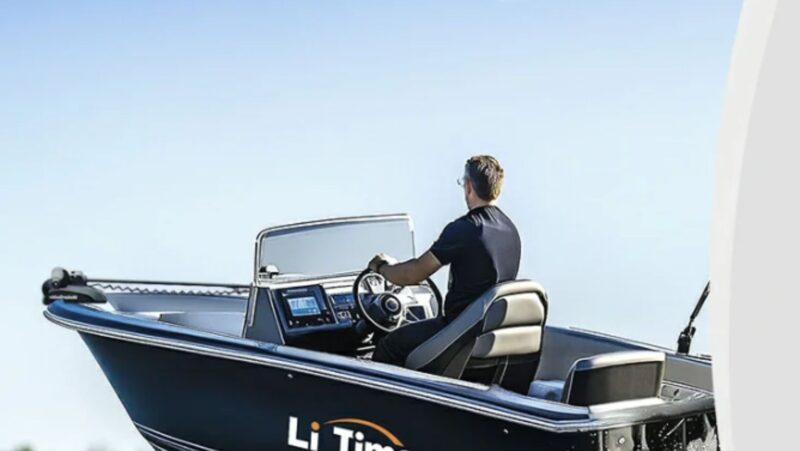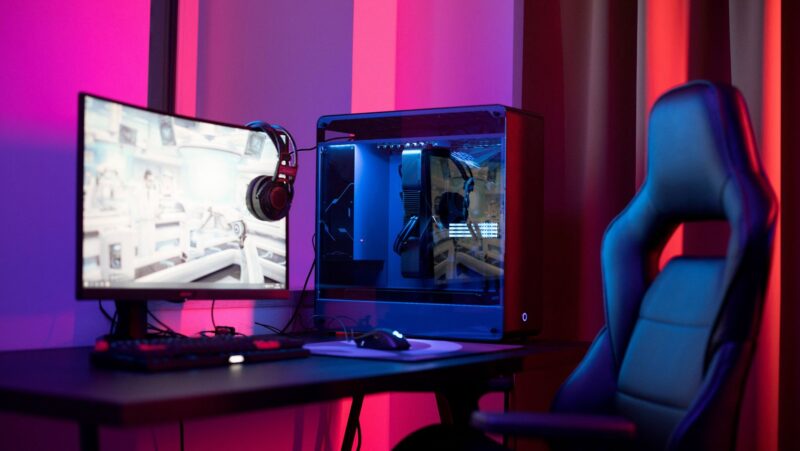
 E-sports have exploded into the mainstream in recent years, with revenue projected to top $1 billion globally by the end of 2022. While many top professional gamers get their start playing casually, a growing number are emerging from structured collegiate e-sports programs. Over 200 U.S. colleges now offer varsity esports, complete with scholarships, coaches, training facilities, and more.
E-sports have exploded into the mainstream in recent years, with revenue projected to top $1 billion globally by the end of 2022. While many top professional gamers get their start playing casually, a growing number are emerging from structured collegiate e-sports programs. Over 200 U.S. colleges now offer varsity esports, complete with scholarships, coaches, training facilities, and more.
Performance marketing and affiliate programs in the modern world are becoming almost as popular as sports betting. Millions of people around the world make money by attracting an audience to betting platforms. Not every beginner can independently figure out how to choose a partner program. It all starts with choosing the affiliate platform that you prefer. Check out 1xbet affiliate review here https://clarionherald.info/sports/1xbet-partnership-review, which is an affiliate platform that offers favorable terms of cooperation for audience owners who are ready to attract customers to bookmakers. You can find out about the bonuses and promotions currently available on the main page. They guarantee a safe and profitable collaboration experience. The main principles of the company are trust, smart interaction, and loyalty.
The National Association of Collegiate Esports (NACE), the official oversight organization for varsity esports, was founded in 2016 with just 7 member schools. Today, their membership ranks have swelled to over 175, reflecting the rapid growth at the collegiate level. Schools in the NACE work to legitimize e-sports, holding tryouts, practices, and tournaments and offering scholarships on par with traditional athletic programs.

While colleges have hosted gaming clubs and informal teams for years, the structure and fundraising of NACE programs aim to elevate esports to the varsity level. For example, Boise State built a dedicated gaming facility in 2017 to support their program, while Georgia Tech offers up to $4,000 annual scholarships for League of Legends players. Colleges are actively recruiting talented gamers globally, with many players now launching pro careers after college.
NACE Commissioner Morris Gershenfeld has compared the rise of collegiate esports to that of soccer in the 1960s, predicting massive growth still lies ahead. As universities race to cultivate elite talent, coaching, training, and analytics programs are becoming increasingly professionalized and sophisticated. Star players now have access to facilities, expert coaches, sports psychologists, nutritionists, academic tutors, and more – resources aimed at optimizing performance while still studying full-time.
Furthermore, collegiate esports leagues are an ideal scouting ground and talent pipeline into professional gaming. Scouts closely monitor standout college players, with many top amateurs skipping graduation to sign lucrative pro contracts. Danny ‘Shiphtur’ Le became the first pro-League of Legends player recruited out of the NACE program at the University of British Columbia. Meanwhile, Jay ‘Sinatraa’ Won led UC Irvine’s Overwatch team to back-to-back national championships before becoming the 2019 Overwatch League MVP at just age 18 after leaving college early.

With eye-popping million-dollar-plus prizes now possible at the highest professional levels, collegiate esports offers a clear and structured path for those aspiring to stardom in gaming. We can expect even more meteoric growth in varsity gaming programs ahead as they gain mainstream recognition and legitimacy while universities invest in developing the next generation of top-tier professional esports athletes.












